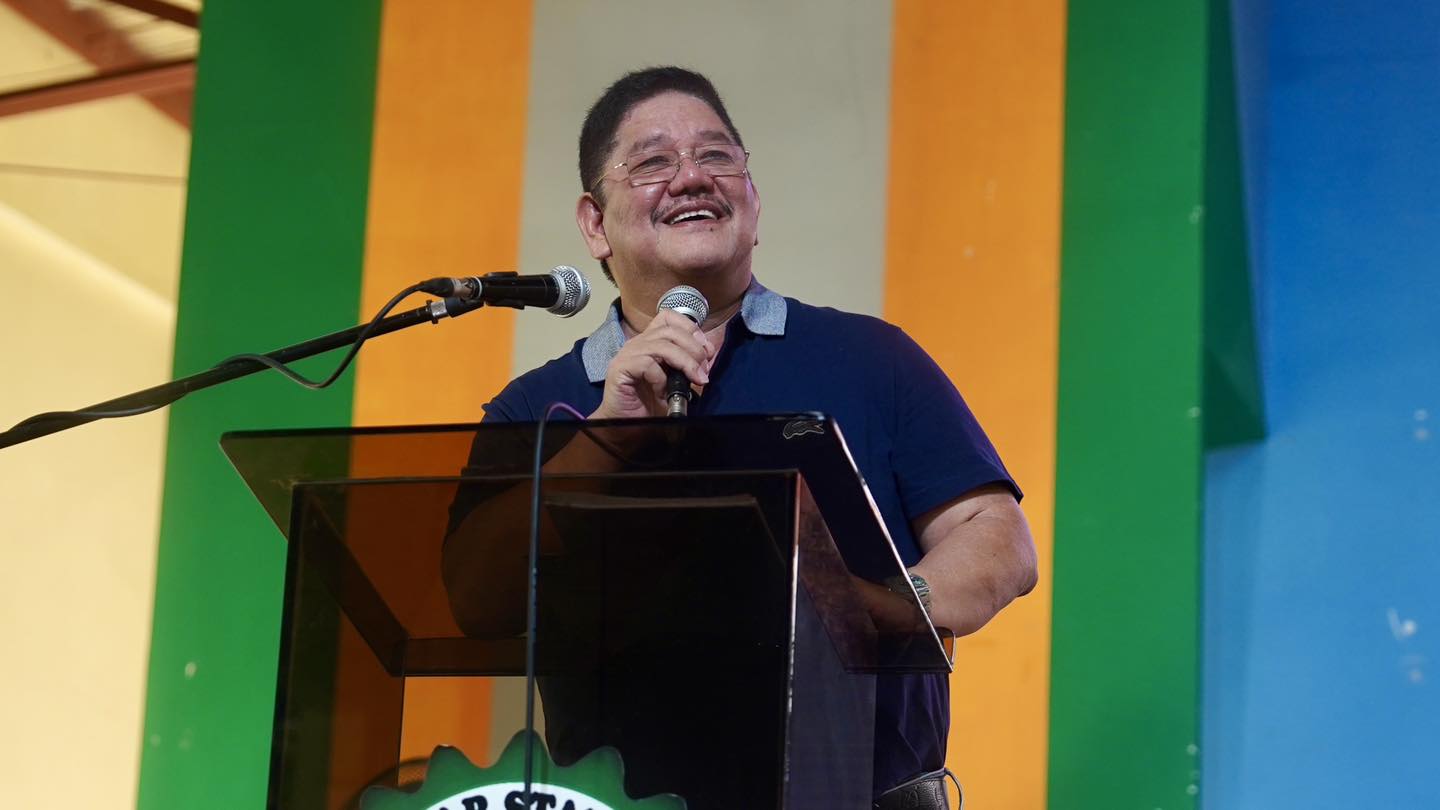
House Minority Leader Marcelino Libanan —Photo from his Facebook page
MANILA, Philippines — The Philippine government must craft a new prisoner transfer system for Filipinos in jails abroad as it would be better for them to serve their sentences at home, House Minority Leader Marcelino Libanan said in a statement on Sunday.
Libanan said the Department of Foreign Affairs (DFA), the Department of Migrant Workers (DMW), and the Department of Justice (DOJ) should work on a new program that can be modeled after the system implemented by the United States.
“We need a program that will facilitate the transfer of Filipinos convicted of crimes and incarcerated in other countries so that they can serve the remainder of their sentences here at home, closer to their families,” Libanan said.
“There’s no question that bringing Filipino offenders closer to their loved ones will be more conducive to their rehabilitation,” he added.
Libanan proposed the move in light of the drug case of overseas Filipino worker (OFW) Mary Jane Veloso who was able to return to the Philippines last December 18, 2024, after 14 years on death row in an Indonesian prison.
She was arrested on April 25, 2010, at the Adisucipto International Airport in Yogyakarta, Indonesia, after being caught in possession of more than 2.6 kilograms of heroin. While she avoided execution several times, she was incarcerated for 14 years despite her claiming that she had no idea that the illegal substance was stashed in her luggage.
A breakthrough happened recently when President Ferdinand Marcos Jr. announced that the Philippine and Indonesian governments had agreed to bring Veloso back to Manila after 10 years of diplomacy and consultation.
READ: 14 years on death row: Timeline of Mary Jane Veloso’s fight for justice
But aside from Veloso, Libanan said a previous report from DMW showed that there were 1,254 Filipinos convicted for various offenses and were jailed in countries across the Asia-Pacific, Europe, and the Middle East.
The lawmaker cited the US prison transfer system as a model for the Philippines to follow.
“In the United States, their international prisoner transfer program is administered by their Department of Justice’s International Prisoner Transfer Unit, while their Department of State, which is equivalent to our DFA, is the chief negotiator of all prisoner transfer treaties,” he noted.
Veloso’s case is not the first instance when it took years for a convicted OFW to be repatriated. In 2012, Rodelio Lanuza was released from imprisonment in Saudi Arabia after 11 years on death row.
Migrante International said the Saudi Reconciliation Committee (SRC) granted freedom to Lanuza after his family and supporters successfully raised the P35 million blood money to compensate the family of the man he killed.
READ: OFW in Saudi jail coming home
Lanuza was imprisoned for the murder of a Saudi man in 2000. However, the OFW claimed that he killed the man in self-defense. The victim’s family forgave Lanuza in February 2011 but required him to pay blood money in exchange for his freedom.

